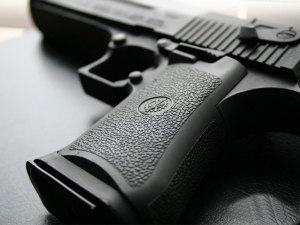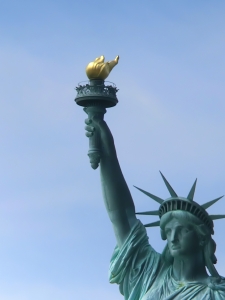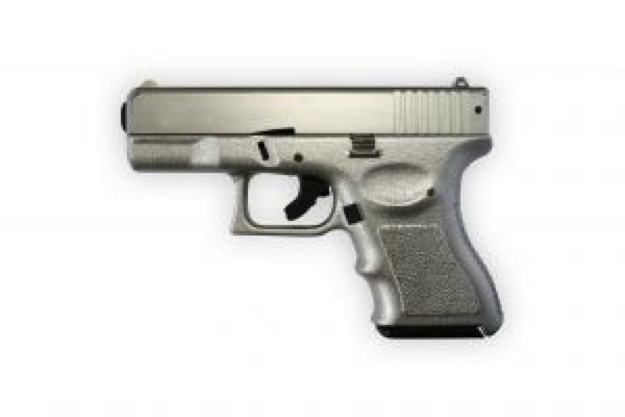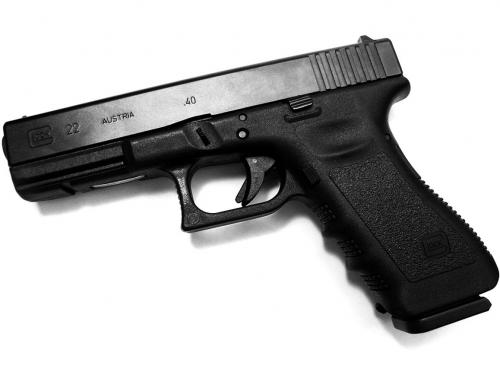The rules surrounding Restoration of Gun Rights can be confusing. It is a very detailed process and having the help of an experienced attorney who knows how to navigate the system can help! Restoration of Gun Rights requires an application to the Florida Clemency Board to begin the process. The application requires certified court documents; specifically, a copy of the charging instrument (indictment, information, or warrant with supporting affidavit) for each felony or misdemeanor conviction (if needed), and a certified copy of the judgment and sentence for each felony or misdemeanor conviction. Pursuant to Florida Statute, those documents should be provided free of charge for the purpose of a clemency application. When the Clemency Board receives an application, it is screened for eligibility regarding time frames and all documents are reviewed. If the Applicant is eligible, the application is forwarded for investigation by the Office of Clemency Investigations. Cases are assigned on a first-come, first-serve basis and the process can be lengthy. If the application meets requirements, a report is prepared, and the application is forwarded to the Clemency Board for a decision.
- The Specific Authority to Own, Possess, or Use Firearms restores to Applicants the right to own, possess, or use firearms, which were lost as a result of a felony conviction.
- The Clemency Board will not consider requests for firearm authority from individuals convicted in federal, military, or out-of-state courts.
 Jacksonville Criminal Defense Lawyer Blog
Jacksonville Criminal Defense Lawyer Blog








